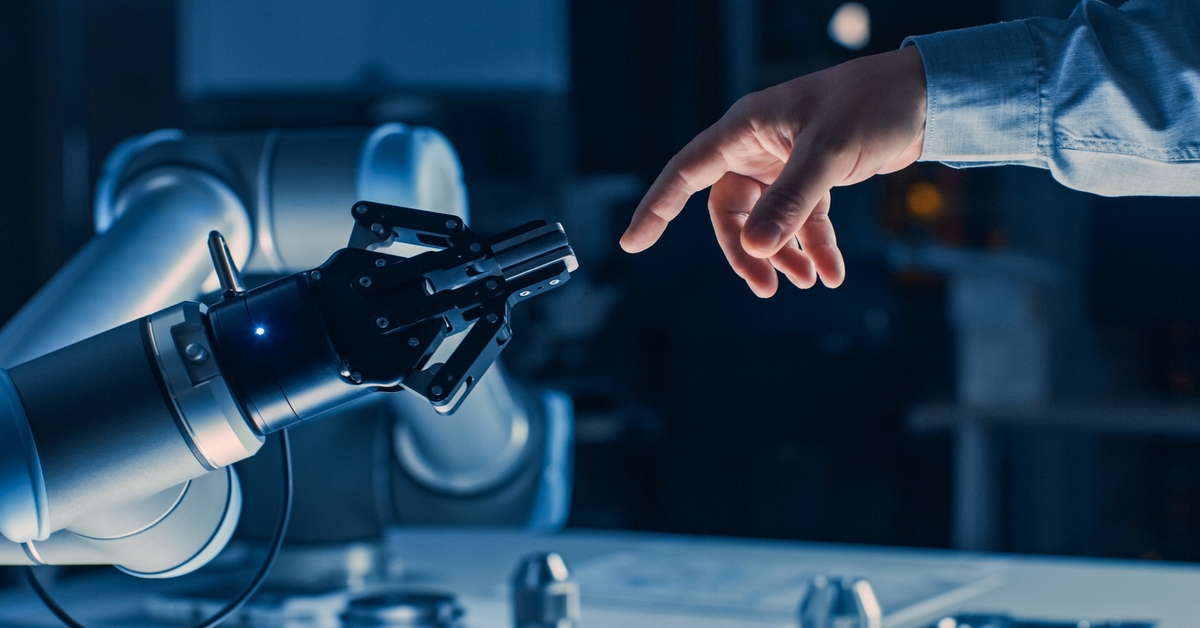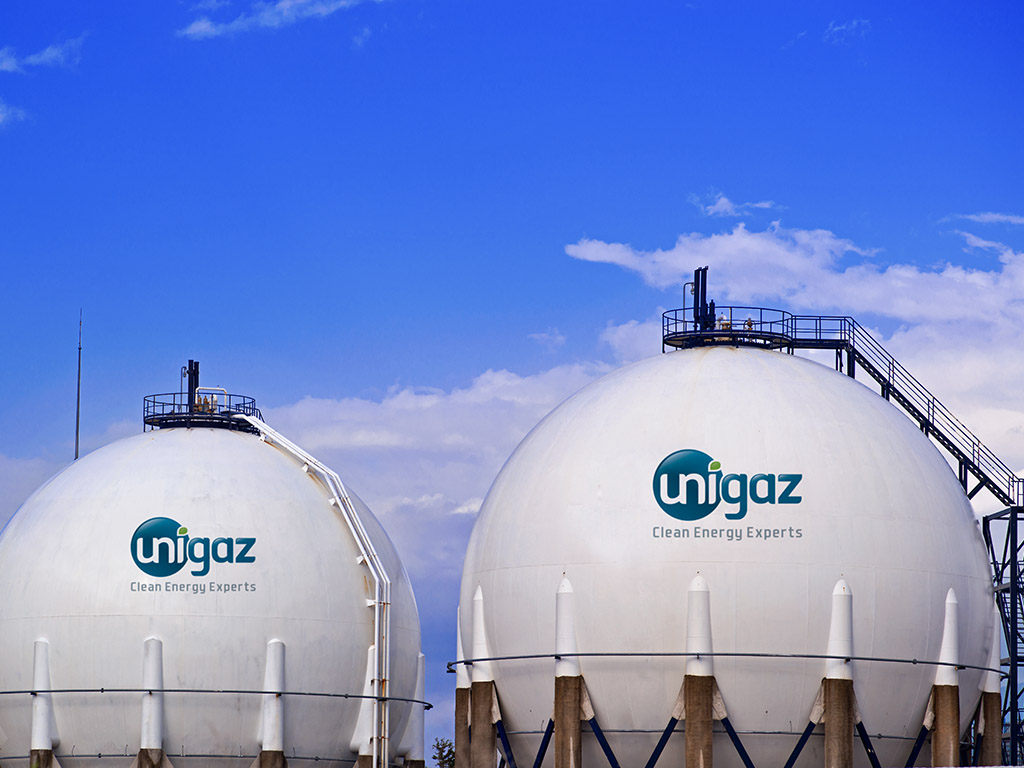Internet of Things (IoT), Industrial Internet of Things (IIoT) and 4th Industrial Revolution (Industry 4.0) seem to be to the uninterested that they are nothing more than buzzwords to be tossed around at a chic dinner party to appear smart and cultured, except they really are not a hype. Not anymore at least. Chances are you likely benefited from the Internet of Things (IoT), Industrial Internet of Things (IIoT) and 4th Industrial Revolution (Industry 4.0) technologies. These concepts and modules are not only viable but are proving themselves to be strong players in today’s market due to their ability to enhance productivity, increase efficiency and reduce costs. An organization, regardless of its size, must invest in this new way of doing things, adopt the paradigm shift and participate in the digital revolution. That is if it wants to survive and remain competitive because the implications of the Internet of Things (IoT), Industrial Internet of Things (IIoT) and 4th Industrial Revolution (Industry 4.0) on the consumer and industrial applications are too great to be ignored. Although these concepts are sometimes used interchangeably and often overlap, they can be similar, yet different. We are here to demystify, define together and compare the Internet of Things (IoT) vs. Industrial Internet of Things (IoT) vs. 4th Industrial Revolution (Industry 4.0).
What is the Internet of Things (IoT)?
First things first, let us begin with what is called the Internet of Things (IoT). The simplest definition of it is plainly connecting devices with their own unique identities that are equipped with sensors to the internet and other devices. Internet of Things (IoT) often refers to consumer-level goods such as wearables and smart phones. The key in the Internet of Things is turning a sheer device into a smart one that can receive and send data over the internet.
What is the Industrial Internet of Things (IIoT)?
You might be inclined to think that the Industrial Internet of Things (IIoT) is basically the Internet of Things (IoT). And you are technically right, however the ‘I’ stands for Industrial, making it Industrial Internet of Things. Thus figuratively, Industrial IoT happens in the factory floor. The industrial Internet of Things (IIoT) is a subset of the Internet of Things (IoT). It is a group of smart devices connected in a network to create a system which collects, exchanges and analyzes data but at an industrial level. It is designed to increase the efficiency of an organization.
What is the 4th Industrial Revolution (Industry 4.0)?
The 4th Industrial Revolution (Industry 4.0) started as a German government movement to computerize manufacturing. It is the all encompassing innovations made possible through connected devices, big data and computing power. The 4th Industrial Revolution (Industry 4.0) is all about creating smart factories with a focal point on enterprise-wide business process automation. This manufacturing automation enables the machines to carry out self-optimization, self-configuration and self diagnosis.
IoT vs. IIoT vs. Industry 4.0
You might be thinking to yourself this all looks interesting but I did not come here to read a bunch of definitions. Can someone please tell me the difference between Internet of Things (IoT) and Industrial Internet of Things (IIoT) or at least the difference between Industrial Internet of Things (IIoT) and 4th Industrial Revolution (Industry 4.0)? You do not have to settle, we will tell you the differences between all 3. In a nutshell, Industrial IoT is a branch of Internet of Things (IoT) which is used to refer to technologies applied in industrial operations. It is an industrial application of IoT in sectors such as oil and gas, water and transportation. Industrial Internet of Things (IIoT) involves many of the same concepts and functions as Internet of Things (IoT). Now that we covered this, we can move onto 4th Industrial Revolution (Industry 4.0), Industrial Internet of Things (IIoT) is a component of 4th Industrial Revolution (Industry 4.0). If it were not for the innovations in terms of data and connectivity made available because of Industrial Internet of Things (IIoT), 4th Industrial Revolution (Industry 4.0) would not be possible. 4th Industrial Revolution (Industry 4.0) is the umbrella under which factories are becoming increasingly smart. The Industrial Internet of Things (IIoT) is a driver of The 4th Industrial Revolution (Industry 4.0).





